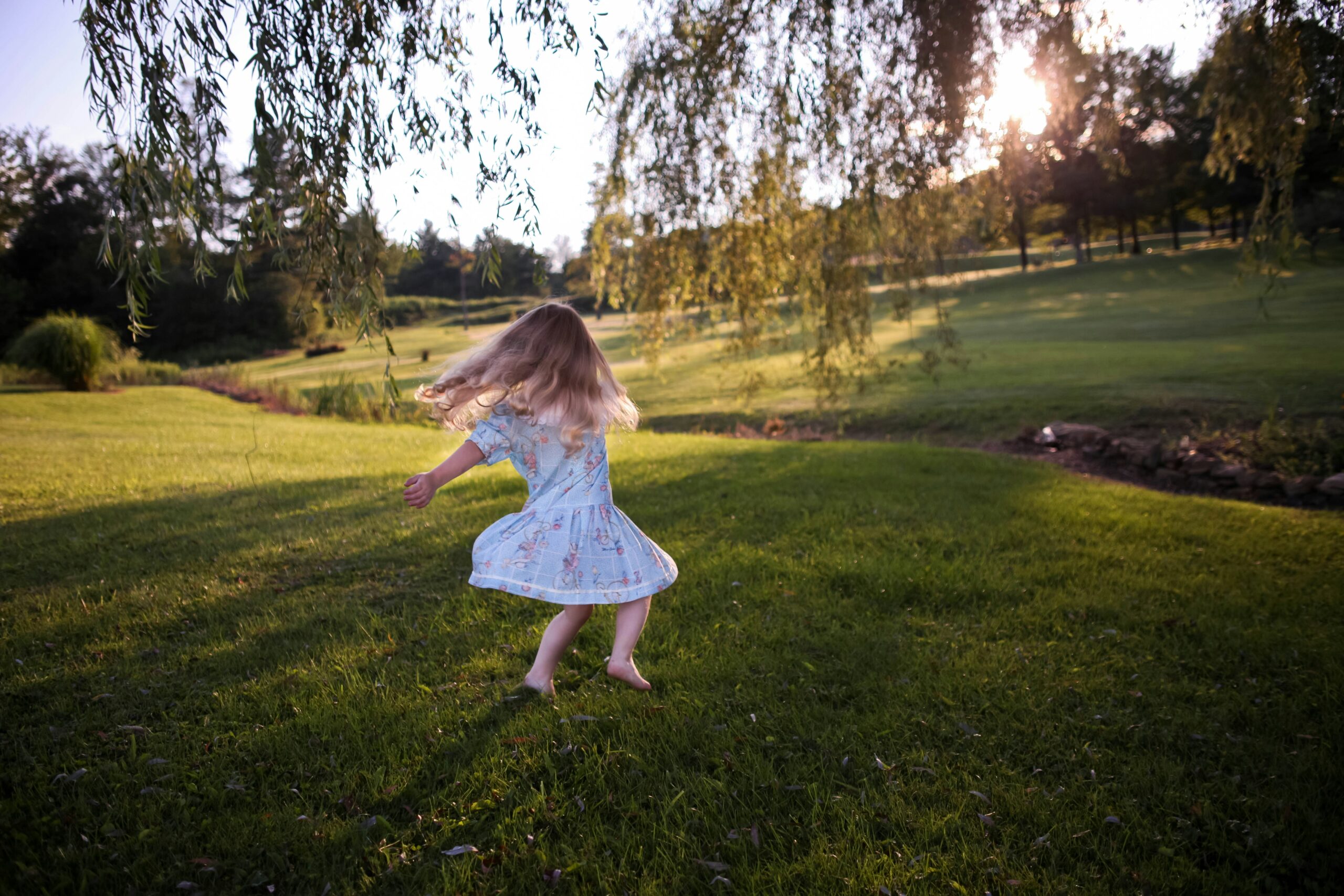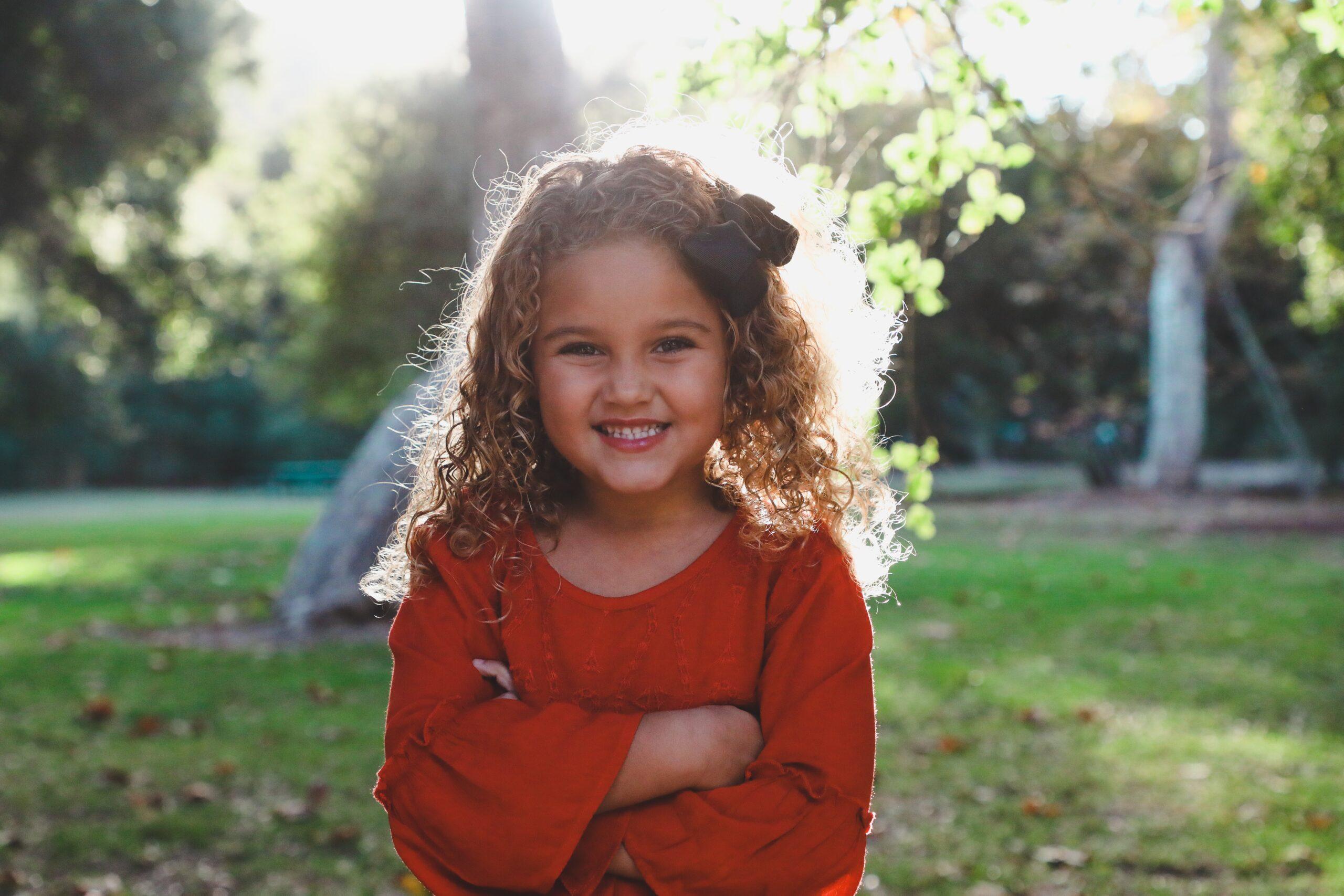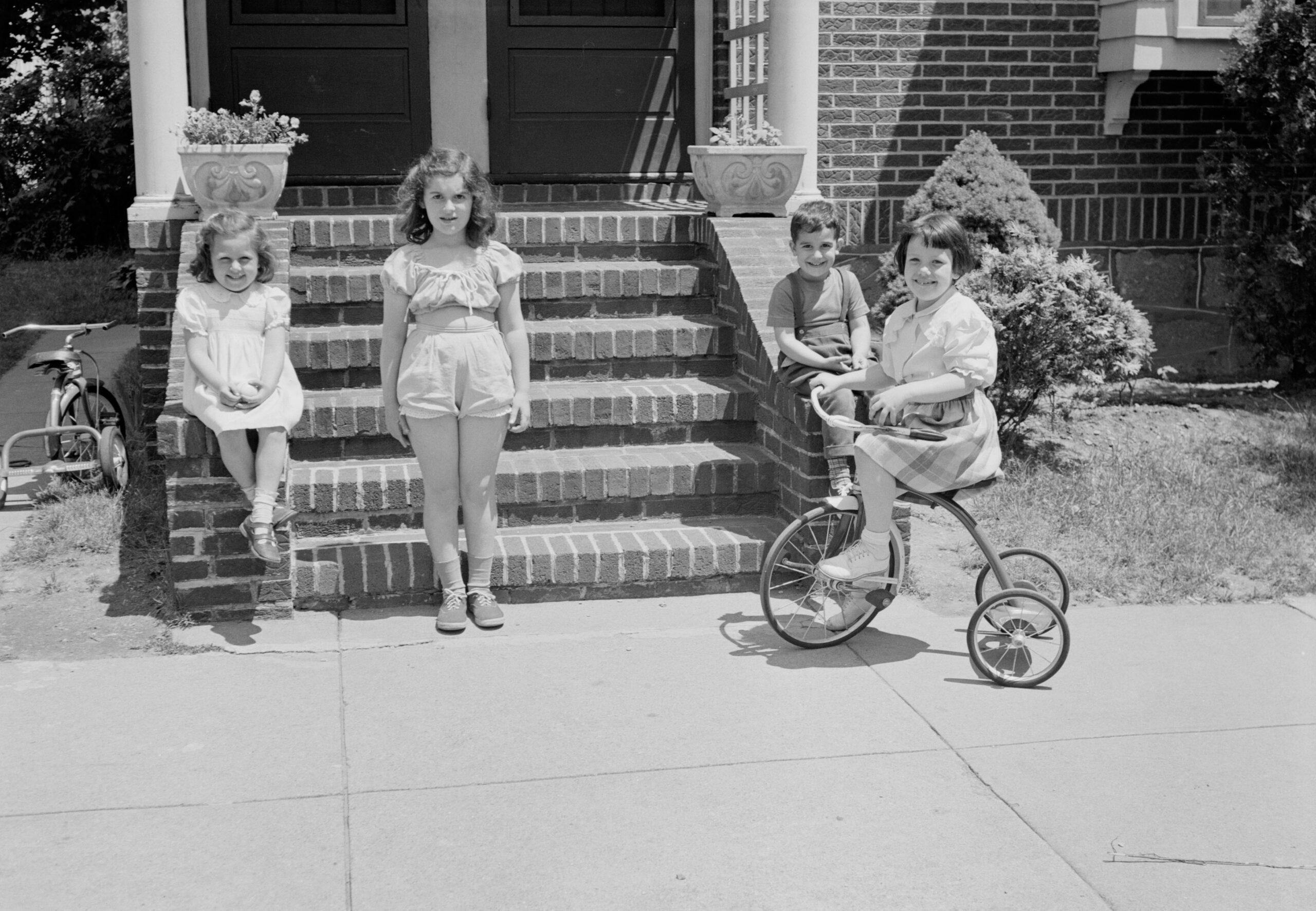What’s one of the most important things you wish your child to learn from you as she or he enters adulthood?
Here’s one of mine: I wish my child to enter adulthood having learned that the most crucial thing in her life has little to do with her career choice, how much money she might make in a lifetime or what she might accomplish. Instead, the most crucial thing has everything to do with knowing and fulfilling her unique purpose in life— that is, to know why she showed up on planet Earth and to seek to fulfill that purpose.
And, what is that purpose for her life? It’s not as complicated as you might think. The most respected religions of the world and virtually all the great thinkers and philosophers throughout history agree. Though they express it somewhat differently, their message is the same: You showed up here to give of yourself and share your abundance, however great or small, with the world.
Gandhi put it this way, “The best way to find yourself is to lose yourself.”
Buddha said, “A generous heart…and a life of service…are the things which renew humanity.”
Og Mandino said, “There is no happiness in having or in getting, but only in giving.”
Albert Einstein said, “The value of a man resides in what he gives.”
And, Jesus put it this way, “He who would save his life will lose it, but he who gives his life away, will find it.”
Though he said many paradoxical things, this would rank among the strangest things Jesus ever said. Strange, yes, but only because it is just the opposite of what our culture teaches. Most people in western civilization are raised to mistakenly believe that it’s what you accumulate, achieve, accomplish and acquire that, in the end, awards you with happiness. But, if what Jesus said is true, just the opposite grants bliss; it is what you give away of yourself and your resources that brings you the greatest happiness and fulfillment.
You and I show up here on Earth with nothing. We’ll leave the same way. Perhaps it’s true then, in the small part of eternity you could call your own life, all that truly matters is what you give away.
For me, this is what I wish my child to learn. If she grows up knowing that her purpose is to generously give herself away, it won’t matter whether she’s the CEO of a Fortune 500 company or the manager of a corner coffee shop; she’ll know happiness in either place.
If my daughter accepts this and marries, she’ll be more likely stay married and have a satisfying marriage. Rather than expecting her spouse to make her happy— which is what many married people mistakenly expect— my daughter will give of herself in an effort to make her spouse happy. That’s the secret of a fulfilling marriage.
And, in the end, my daughter will be a happier adult, too. Many people are unhappy for much of their lives, precisely because they look outside of themselves for what can only be found inside. By helping my child to look within at her spiritual connection to the universe, to look within at the perfect and complete person she is already, and to look within at the wealth and abundance that is hers by nature, she’ll go through life looking for ways to express her gratitude and share whatever she has with the world.
This is the most important lesson I wish my child to remember and carry into adulthood. Following are a few suggestions for making this a reality in your home, thereby, raising a generous child.
First, know what your own purpose is in life. Few things will help your child learn the joy of giving than observing your certainty of your own purpose. When you generously share yourself with others— and your resources with the world— you model an understanding of life’s supreme purpose. In this way, your actions speak more loudly than anything you might say.
Second, talk to your child about the opportunities you’ve recently seized to live out your purpose of sharing yourself and your abundance with others. For example, as I was filling my car with gasoline, a man approached me asking for some pocket change to buy a cup of coffee. While I don’t give money to every person who asks for it, I felt a strong impulse to do so this day. I’ve learned over the years to trust my intuitions when it comes to sharing.
I soon reached for my money clip. However, rather than take a $5 bill, which I considered giving to the man, I handed him a $20 bill. He was gratefully surprised at my generosity and, frankly, I was, too.
Later that day, as I shared this encounter with my daughter, she objected, “Daddy, how do you know he didn’t go buy drugs or something?”
I responded: “I don’t know, sweetheart. Perhaps he did. But, if I’m going to make a mistake in what I give to others, I want to always make the mistake on the side of trust and generosity. It’s not my place to judge another human being, but it is my place to live out my purpose in the world.”
I later thought to myself that I had given my daughter a great answer and, hopefully, a good lesson. Unfortunately, though, I am not always at the top of my game when it comes to this privilege of parenting.
I would make one more suggestion that might help you in raising generous children. While I’m not entirely certain where I picked up this tidbit, I’ve found that it works. Make it a project with your child to create three different boxes. Three shoe boxes serve just fine. Have your child label one box “My Sharing Box,” label the second “My Savings Box” and the third “My Spending Box.”
Following this model, give your child an allowance each week. Let’s say you decide to give your child $5 every week. Have your child calculate 10 percent, or 50 cents, and place it in the Sharing Box. You, then, match the gift. This helps the amount grow faster. Then, encourage your child to place 30 cents into the Savings Box as you discuss with him or her the importance of preparing for the future, such as college tuition, an unexpected expense and other finances that typically arise. Finally, let your child place the remainder of the allowance in the Spending Box. This represents your child’s spending money.
Every two months, bring your child to a few different places that he or she might choose to financially support with the money in the Sharing Box. Let your child make the decision about where to give the money for charity, and talk to him or her about what it means to give and share one’s abundance with others. Allow your child to experience the joy of making the decision, and the act of giving and the deciding should be joyful.
If you’ll try these simple suggestions, I’m certain you’ll raise your children to know their purpose in life and become generous in the world.




